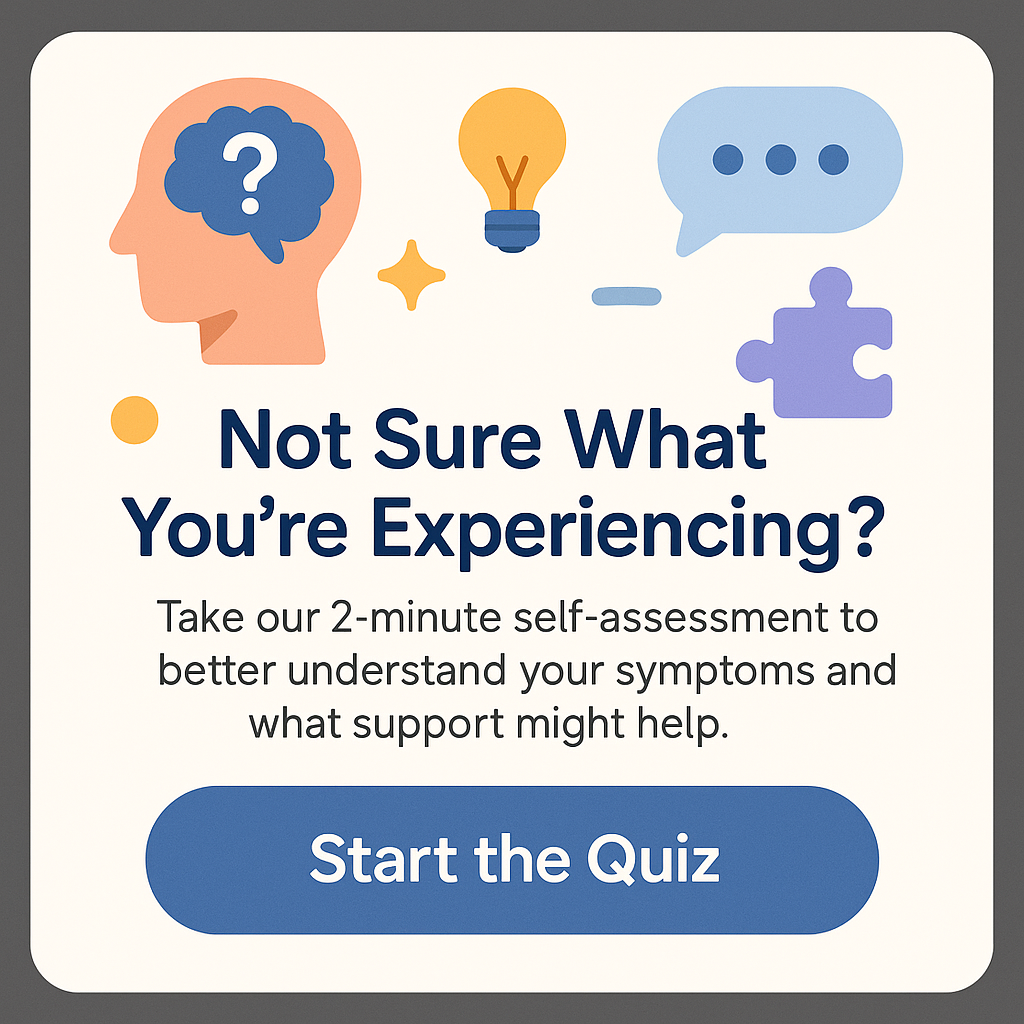What is the most autistic friendly country?
What is the most autistic friendly country? This question often comes to mind for families and individuals on the autism spectrum seeking environments that promote acceptance, support, and understanding. As the world gradually shifts toward inclusivity, specific countries rise to the forefront, carving out reputations for being particularly welcoming for those with autism. In this article, we will dive into various nations renowned for their advocacy, support systems, and innovative approaches to autism care. From educational policies to healthcare provisions, we will explore the intricate web of factors that contribute to autism-friendly environments. Let’s embark on this enriching journey as we identify the top contenders for the title of the most autistic friendly country.
Understanding Autism and Its Global Impact
Before we delve into which countries are the most accommodating for individuals with autism, it’s vital to understand what autism is and how it affects lives globally. Autism Spectrum Disorder (ASD) represents a broad range of conditions characterized by challenges with social skills, repetitive behaviors, and communication. While the specifics can vary dramatically between individuals, the overarching experience of autism can lead to significant challenges that require tailored support and understanding.
The global prevalence of autism has seen a marked increase in recent years, as awareness grows. According to the World Health Organization (WHO), approximately 1 in 160 children worldwide has an ASD. However, factors such as diagnostic criteria variations and reporting practices can lead to disparate numbers. This has driven many countries to rethink their approaches to autism support, thereby transforming public policies, healthcare systems, and community programs.
In the quest to answer, “What is the most autistic friendly country?” we examine nations that have made admirable strides in autism awareness, acceptance, and support. Here are a few key factors that contribute to a country’s autism-friendliness:
- Education Systems: Inclusive education practices are crucial for the development of children with autism.
- Healthcare Accessibility: Proper healthcare support including therapy and specialists’ access.
- Public Awareness: Societal understanding fosters a more accepting atmosphere.
- Employment Opportunities: Work environments that welcome neurodiverse individuals.
- Legislation: Laws aimed at protecting rights and providing resources.
So, what countries exemplify these factors most effectively?
The Top Contenders for The Most Autism-Friendly Countries
1. Sweden: Frequently recognized as a leader in social welfare, Sweden places a high-value emphasis on inclusion. The country offers numerous resources and initiatives designed to aid children with autism and their families. Inclusive education is a hallmark of Sweden’s educational system; children with ASD are integrated into mainstream classrooms with appropriate support. Moreover, the government ensures that healthcare and therapeutic services are accessible and affordable, enabling autism-friendly environments to flourish. In addition to this, a robust support network exists for parents and caregivers, including assistance programs that help navigate the complexities of ASD.
2. Netherlands: The Dutch are known for their forward-thinking policies and progressive societal viewpoints. In the Netherlands, autism is not only recognized but actively supported through legislative measures. The Dutch government has established educational frameworks that are responsive to the needs of children on the spectrum, encouraging inclusive practices. Furthermore, community programs that focus on increasing awareness about autism are prevalent, creating a societal understanding that helps to minimize stigma.
3. United Kingdom: The UK boasts a plethora of organizations dedicated to supporting individuals with ASD. From the National Autistic Society to various local charities, the country has movements that focus on raising awareness, providing resources, and advocating for rights. Educational reforms have led to the creation of specialized schools designed to meet the unique needs of autistic students. This approach helps to provide not only a supportive atmosphere for learning but also equips individuals with essential life skills.
4. Australia: Australia is a nation that has ramped up its efforts to become more inclusive and understanding towards autism. Structured support systems are in place, including specialized educational resources and healthcare services designed for autistic individuals. From early interventions to adaptive employment programs, Australia tries hard to cheer on its neurodiverse community. Public-awareness campaigns also play a significant role in creating a culture of acceptance.
5. Canada: Canada earns its keep on this list thanks to its extensive healthcare system and commitment to diversity. Canadians enjoy access to various autism diagnostic therapies that adequately cater to different needs. In addition, numerous advocacy organizations work towards increasing public knowledge about autism, advocating for rights, and providing safe spaces for individuals affected by autism. Schools and community programs emphasize inclusivity, creating environments where autistic individuals can thrive.
Factors Influencing Autism Friendliness in Countries
Inclusive Education Practices
Education plays a crucial role in shaping the experiences of children with autism, significantly impacting their development and quality of life. An inclusive education system allows children to learn alongside their peers while receiving necessary accommodations. Countries that prioritize inclusivity typically have well-trained staff who understand the diverse needs of students with ASD.
For instance, countries like Sweden and the Netherlands have long invested in teacher training, ensuring that educators are equipped to handle various learning disabilities. These nations have established frameworks that provide tailored education plans, allowing students with autism to engage in the curriculum at their own pace. Additionally, many schools in these countries create smaller class sizes and offer one-on-one support, which has been shown to enhance learning outcomes for autistic children.
Moreover, supportive educational policies promote ongoing assessments and interventions, ensuring that students receive timely assistance when needed. This proactive approach often leads to better academic and social outcomes, ultimately contributing to what is the most autistic friendly country.
Public Awareness and Acceptance
Public awareness goes hand in hand with creating a society that is truly accommodating for individuals with autism. Countries that invest in awareness and educational campaigns often succeed in reducing stigma and promoting understanding. Initiatives that focus on celebrating neurodiversity empower individuals with autism, encouraging them to embrace their unique traits and contributions.
For example, in the United Kingdom, the National Autistic Society runs campaigns that educate the public about autism, sharing real-life stories to humanize the challenges faced by those on the spectrum. Similarly, Australia promotes Autism Awareness Month, engaging communities with events and workshops designed to foster understanding. These efforts help highlight the importance of acceptance, paving the way for a more inclusive environment for individuals with autism.
Conclusion
So, what is the most autistic friendly country? The answer is not straightforward, as several nations have made commendable progress in supporting individuals with autism. Sweden, the Netherlands, the United Kingdom, Australia, and Canada all present compelling cases for being recognized as the most autistic friendly countries based on their education systems, healthcare accessibility, public awareness, and community support.
Ultimately, the essence of autism-friendliness lies not just in policies or programs but in the collective attitudes and actions of individuals within society. Advocating for neurodiversity can play a pivotal role in improving the lives of those on the autism spectrum all around the world.
FAQs
1. What is autism?
Autism Spectrum Disorder (ASD) is a developmental disorder that affects communication, behavior, and social skills. It can present differently in each person.
2. What makes a country autism-friendly?
An autism-friendly country promotes inclusivity through supportive policies, accessible healthcare, educational resources, and public awareness campaigns.
3. Can adults with autism find support in these countries?
Yes, many of the countries mentioned have programs supporting adults with autism, including job training, employment opportunities, and therapies.
4. How can I support autism awareness in my community?
You can organize or participate in local awareness events, donate to autism charities, or educate friends and family about autism to foster understanding.
5. Are there resources available for families with autistic children?
Yes, many countries have resource centers that offer information about educational services, therapies, and support groups for families of children with autism.
What is a basic aba technique?
Does Autism Affect Intelligence? Understanding the Connection
What are Signs of Mild Autism? Understanding Subtle Symptoms







